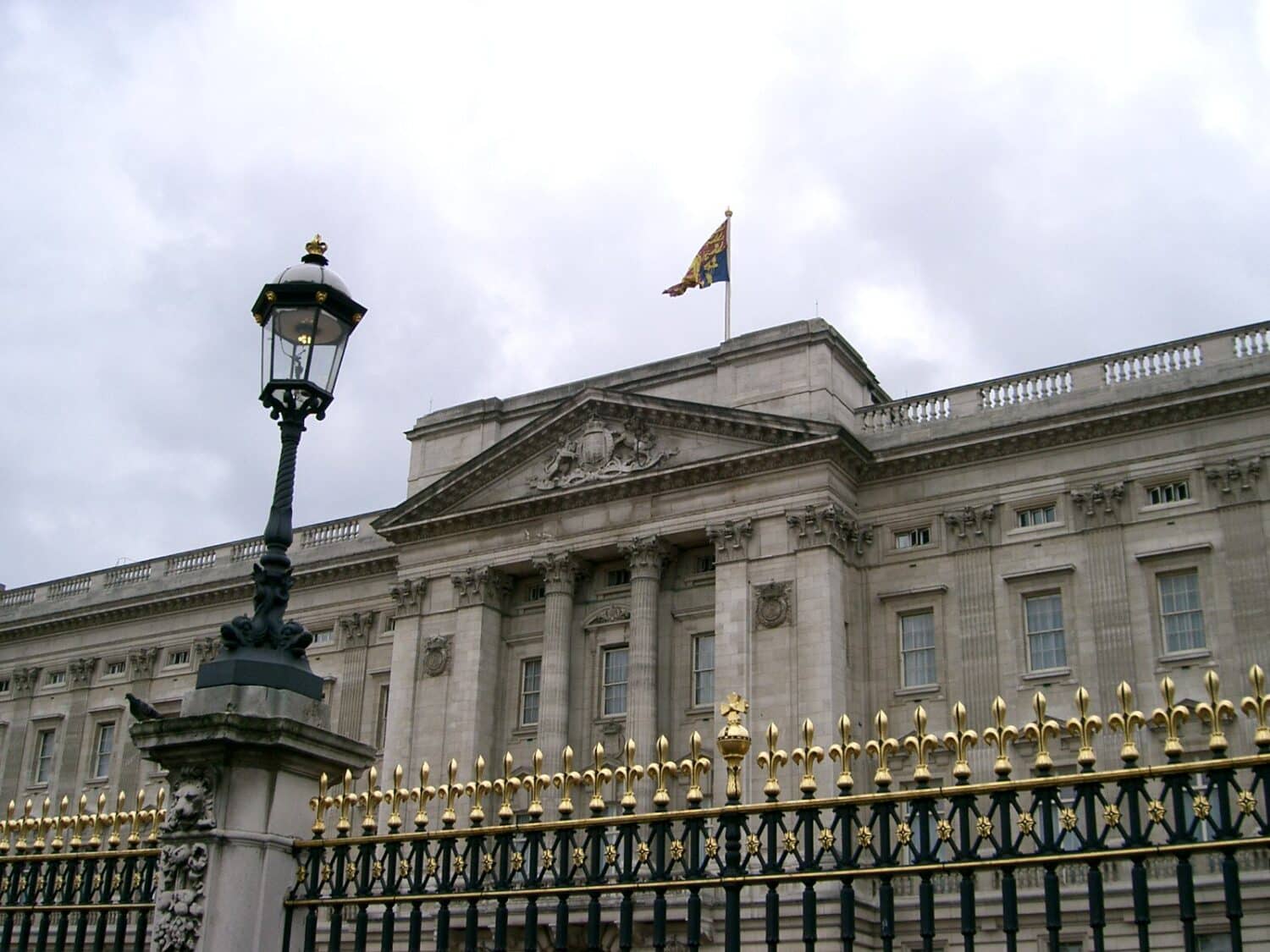Crown Duels
We need to talk about the monarchy, argues Ken Ritchie
The Fabian Society’s Commission on the Future of the Monarchy concluded there was little point in discussing the case for abolishing the monarchy because it enjoyed so much popular support. That, however, was back in 2003 – and much has happened since.
Nowadays, the popularity of the monarchy is a myth. Polls suggest that more people want an elected head of state than the proportion of the electorate which backed a Labour government. A majority of Labour voters, a majority of those under 50, a majority of those in Scotland and in London, and a majority of remain voters would prefer an elected head of state over a monarch. It is only amongst the over 50s and those who voted Brexit that support for the monarchy remains relatively strong. Whether or not Labour feels ready to take a position on the monarchy, it would be a mistake not to recognise the significance of this shift in public opinion. If the electorate is not fussed about having a monarchy, there is no reason why Labour should be, and that allows more reasoned questioning of the case for the institution.
Labour and the monarchy are not natural partners. Labour stands for equality and democracy, whereas the monarchy symbolises a society in which hereditary privilege, rank, class and titles are important. The monarchy may seem a harmless relic of feudal times, but it is not without political influence and its imperial image does not fit well with our Commonwealth role. Its costs have been rising while government finances are under stress, and recent revelations about how the duchies – centuries-old institutions which earn money for the King and Prince of Wales – have been taking money from public services and the defence budget have caused a lot of anger.
The biggest problem with the monarchy is its influence on our national mindset. It normalises the idea that inherited wealth, privilege and influence are part of a natural order. Royal branding is to be found everywhere – in the armed services, our national institutions, our major charities and even on our favourite cereals. The government we have elected is His Majesty’s government, and our MPs cannot represent us until they have sworn allegiance to the king. The message it conveys is clear: Britain may be our country in the sense that we live here, but it doesn’t belong to us – there is an establishment, centred around the monarchy, of people more important than ourselves and they are the ones in charge.
Labour has come into power promising change: it wants a society of active citizens who feel engaged in decisions about the type of society they want to live in. This will always be difficult while we have, as a central pillar of our constitution, a monarchy which downplays the role of citizens.
There is therefore a strong argument that Labour would be better off without the monarchy. Yet we have not reached a point at which Labour could commit itself to republicanism without unleashing the fury of the right-wing media, as well as the wrath of some within its own ranks who have not yet accepted the case for republicanism. As such, the task for those of us who seek change is to lay the ground work by initiating a serious debate on what sort of society we are trying to create and what sort of head of state such a society would need. Fabians, in particular, should revive the work our society started in 1996 with the publication of Paul Richards’ excellent Long to Reign Over Us?
At the time, with the approach of a general election, the pamphlet’s message fell largely on deaf ears, but its critique of the monarchy is as apposite today as it was in 1996.
Seven years later, the society’s Commission on the Future of the Monarchy was not prepared to contemplate a future without the monarchy. However, it produced an impressive list of recommendations, many of which tally with the contemporary proposals of Labour for a Republic, including changing the oath of allegiance, making the monarchy subject to the Freedom of Information Act and other legislation, setting its budget in the same way as other government bodies and re moving its role and influence from political decision-making.
While these reforms would improve administrative efficiency and constitutional clarity, they would also be hugely important in opening up the discussions we need on the monarchy. Currently, we are stuck with the idea that, because we’ve always had a monarchy, it would be unpatriotic to challenge it. But in discussing the monarchy, we are debating an institution which perpetuates inequality and social divisions and which undermines our status as equal citizens. That is why many of the founding members of the Labour party were staunch republicans, and why Labour must now welcome debates on the monarchy and its future.
Image credit: Edwin.11 via Flickr

